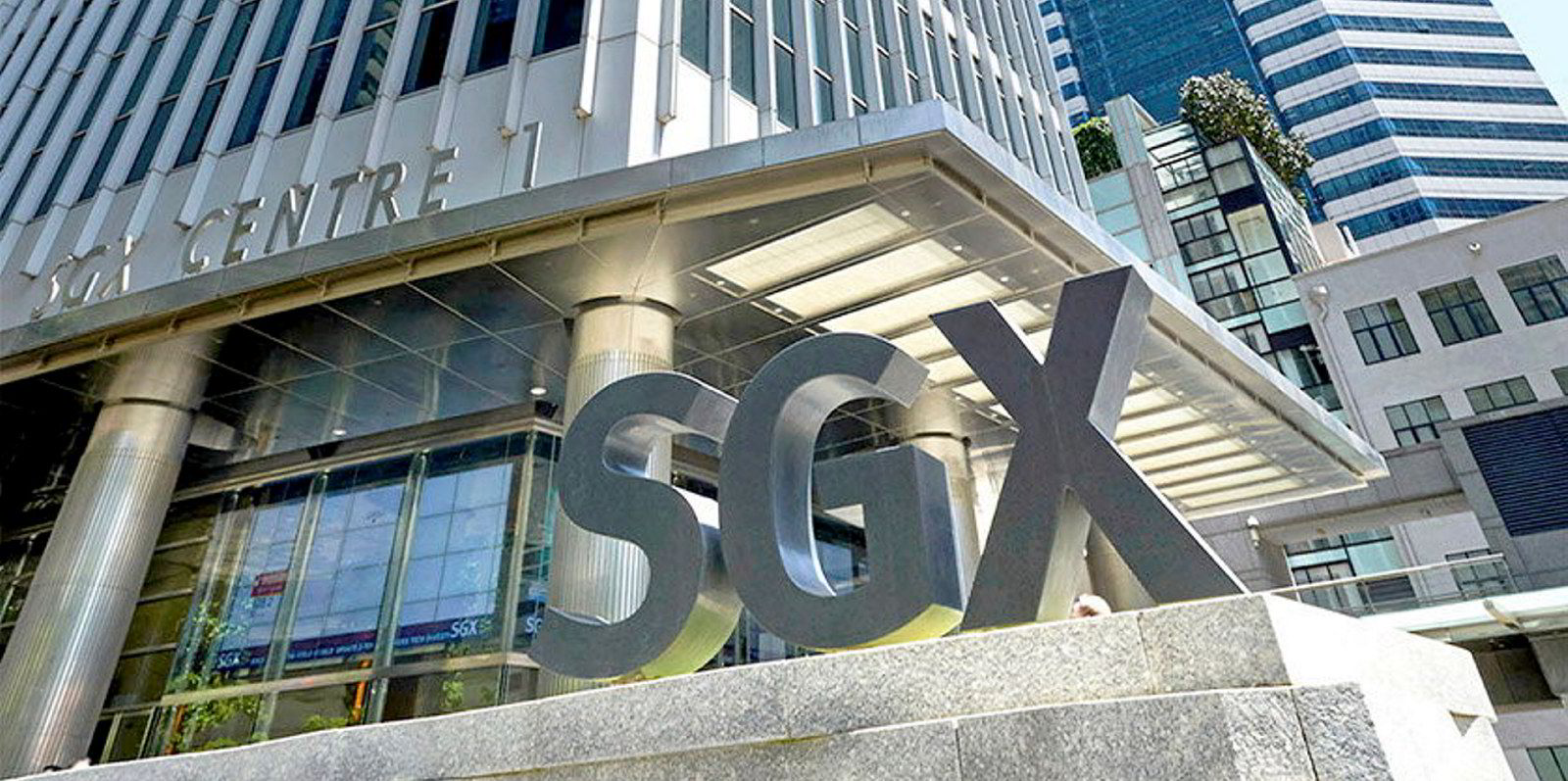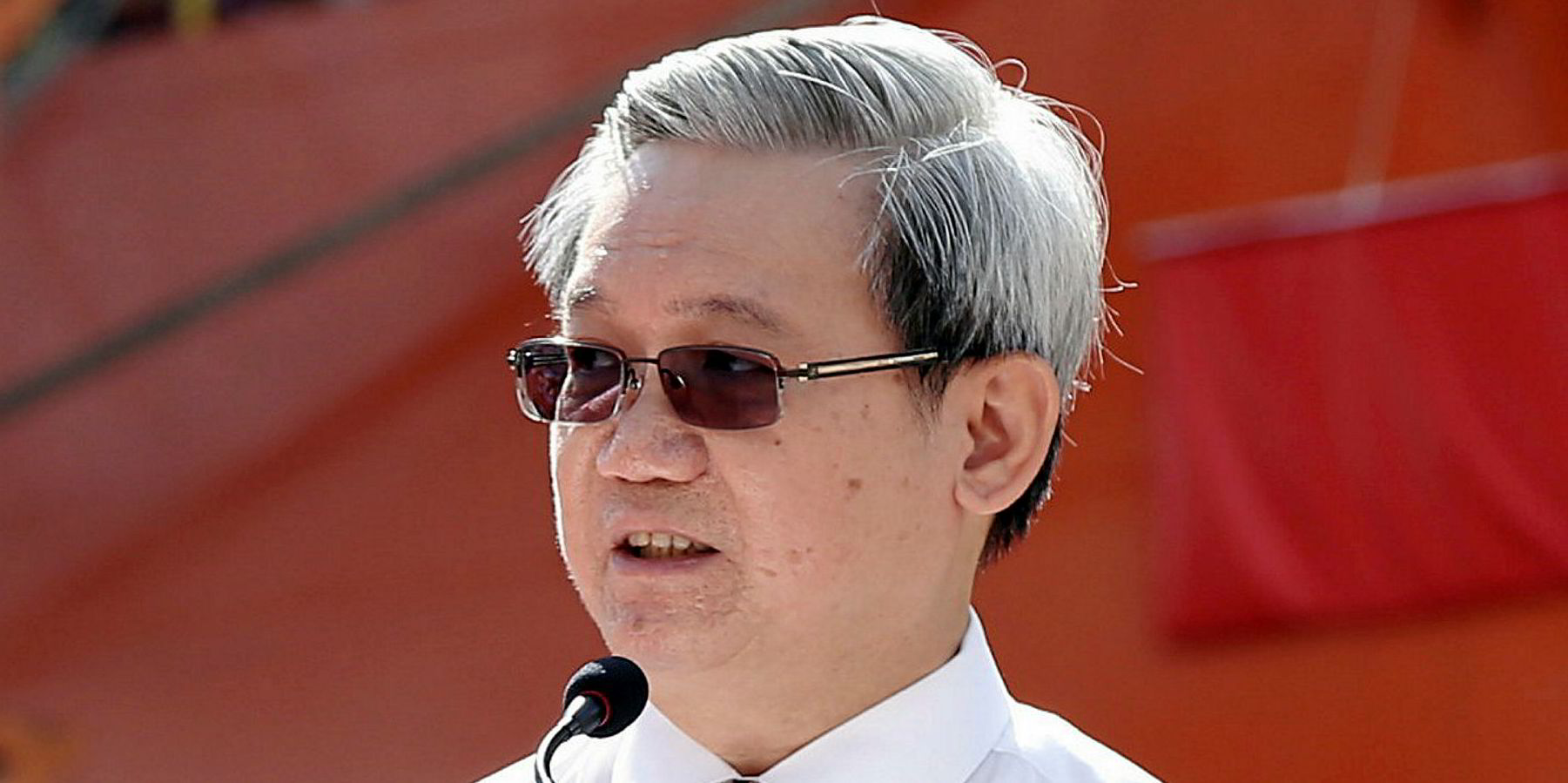Marco Polo Marine chief executive Sean Lee has been described as one of the best “value for money” chief executives on the Singapore Exchange, according to a local research house.
In terms of CEO pay versus share performance, UOB Kay Hian’s Adrian Loh said Lee was the “standout” candidate with the company seeing a share price gain of 52% in 2022 versus his salary of SGD 750,000 ($553,152).
UOB Kay Hian’s research team also noted that chief executive pay at Seatrium — the former Sembcorp Marine — and Keppel Corp were “well-justified”.
Yangzijiang Shipbuilding CEO Ren Letian was described as the lowest paid on an absolute basis and significantly lower than the average CEO pay of SGD 3.6m within UOB Kay Hian’s coverage universe.
“We also highlight that Yangzijiang’s top three management, excluding the CEO, were paid less than SGD 400,000 in total, while the total compensation of its board of directors was less than SGD 300,000,” UOB Kay Hian said.
However, Yangzijiang’s CEO received around SGD 8.3m in dividends from the company in 2022.
“Perceptions of fair pay can vary, and the concept of fairness itself is subjective,” said Loh.
“Ultimately, the goal is to strike a balance between attracting and retaining top talent while ensuring that CEO compensation is reasonable, justifiable and aligned with the long-term success of the organisation.
“Ways in which a company can achieve a level of fairness is to benchmark CEO pay to industry peers and similar-sized companies, and putting in place performance-based incentives such as financial metrics such as revenue growth, profitability and stock price, or non-financial measures like market share, customer satisfaction and employee engagement,” Loh added.
UOB Kay Hian said the board of directors play a crucial role in determining CEO compensation as it represents shareholders’ interests.
“They establish a remuneration committee to review and approve executive pay packages as well as directors’ fees, ensuring alignment with company goals and shareholder interests,” the research house said.
“However, in a recent isolated case in Singapore, a small-cap oil company’s board allowed for performance bonuses for its non-executive directors, which raised the issue of corporate governance — in this instance the key failure was a conflict of interest as it was the RC members who awarded themselves such performance bonuses.”
UOB Kay Hian said it also found poor levels of disclosure from some companies that have either not disclosed their respective CEOs’ compensation or provided such broad guidance so as to render it meaningless.
“From a governance perspective, this could raise questions from the market about their governance standards,” it said.
In general, though, UOB Kay Hian said it found that most Singaporean-listed companies adhere to such standards, with disclosure lacking in some.
In January, the Singapore Exchange unveiled new rules that will require listed companies to disclose the exact pay of their chief executives.
Information to be disclosed must include base or fixed salary, variable or performance-related income or bonuses, benefits in kind, stock options granted, share-based incentives and awards, and other long-term incentives.
This new rule will take effect for annual reports prepared for the financial year ending on or after 31 December 2024.
A review of disclosures by Singapore-listed companies by KPMG Singapore found only 18% of companies disclosed what they paid their CEOs, and only 35% disclosed their actual director remuneration.
The SGX has 50 maritime-related companies listed on the exchange with a total market valuation of around SGD 22bn, according to a recent presentation





